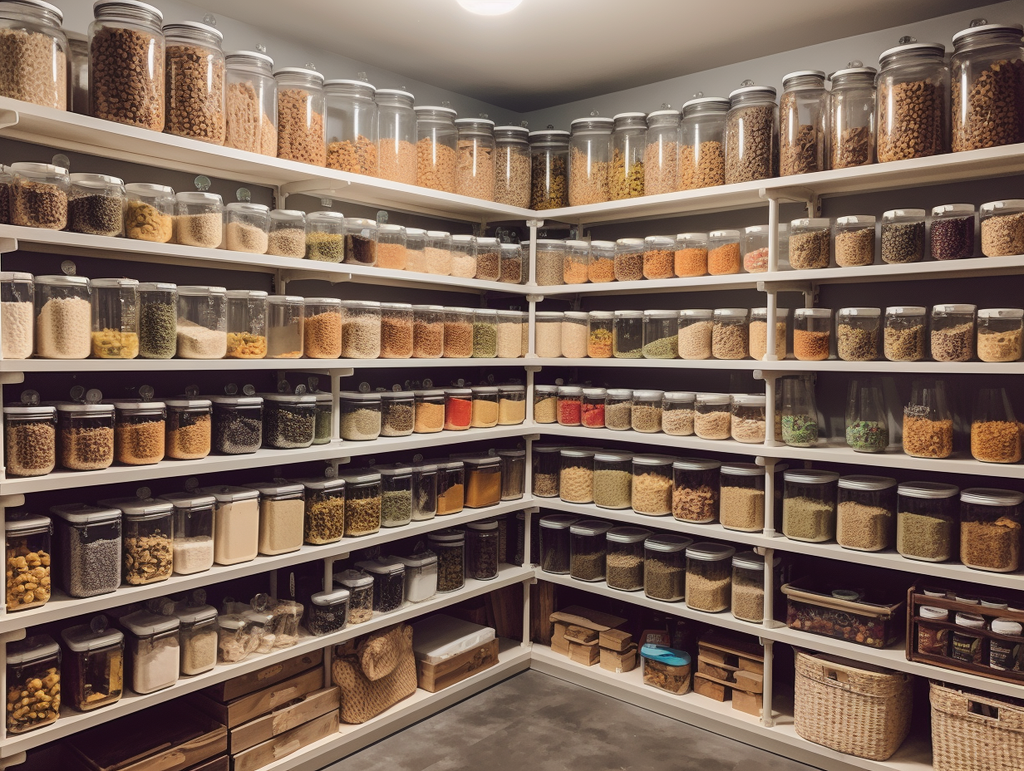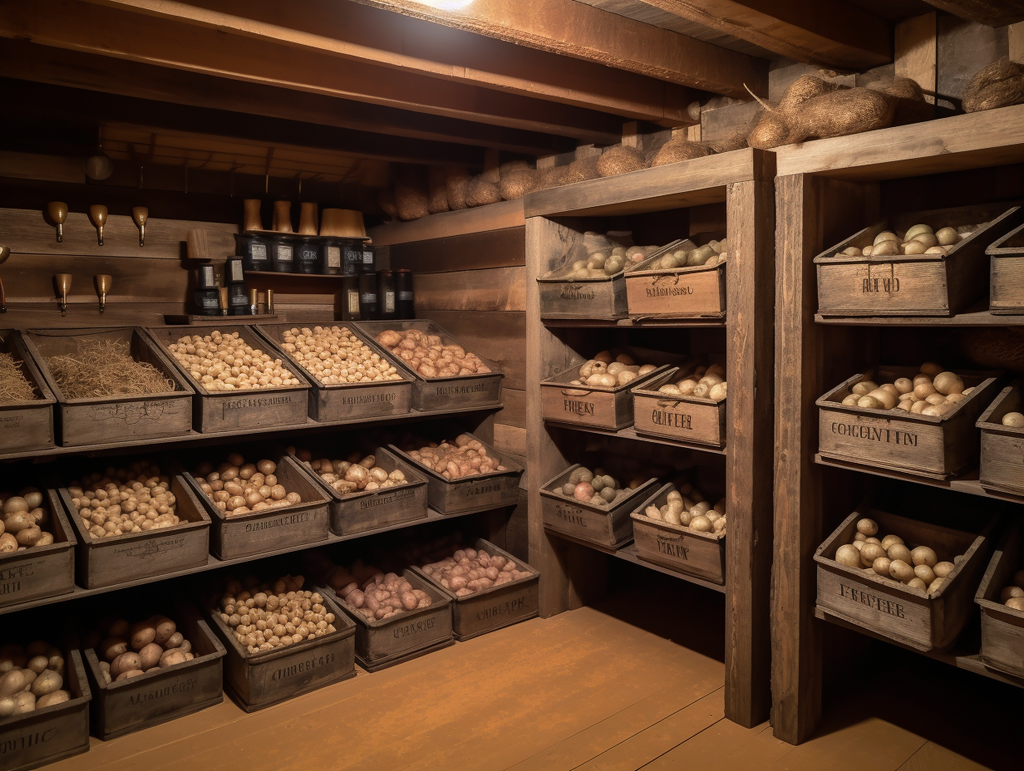
The Top 7 Renewable Energy Sources for Off-Grid Living

Transitioning to renewable energy is an integral part of sustainable and off-grid living. Using renewable energy sources reduces your reliance on traditional power grids, decreases your carbon footprint, and can save you money in the long run. In this article, we'll explore the top seven renewable energy sources suitable for off-grid living.
Solar Power
Solar power is one of the most popular renewable energy sources for off-grid living. With the right number of solar panels and a battery storage system, you can harness the sun's energy to power your entire homestead. Solar power systems are scalable, making them suitable for small to large energy needs.
Wind Power
Wind turbines convert wind energy into electricity. While wind power can be an excellent renewable energy source, it is highly dependent on your location. Ideal sites for wind turbines are open areas with average wind speeds of at least 9-10 mph.
Hydropower
If your property has a running water source, like a river or large stream, a micro-hydropower system can be a reliable source of renewable energy. These systems use the flow of water to turn a turbine, generating electricity.
Geothermal Energy
Geothermal systems leverage the earth's stable underground temperature to heat and cool buildings. While the upfront cost can be high, geothermal energy can significantly reduce heating and cooling costs over time.
Biomass
Biomass energy involves burning organic materials, such as wood, to generate heat. A well-insulated wood stove or a biomass boiler can provide an efficient heating solution for your off-grid home.
Biogas
Biogas systems transform organic waste, such as kitchen scraps and livestock manure, into methane-rich biogas that can be used for cooking, heating, or generating electricity.
Solar Thermal
Solar thermal systems use the sun's energy to heat water, either for domestic hot water use or to supplement home heating systems. These systems can be a cost-effective way to reduce your reliance on non-renewable energy for heating needs.
Conclusion
Transitioning to renewable energy sources is a significant step towards sustainable and off-grid living. By exploring options like solar power, wind power, hydropower, geothermal energy, biomass, biogas, and solar thermal, you can find a solution that fits your location and lifestyle. With the right renewable energy system, you can enjoy a self-sufficient, eco-friendly lifestyle while reducing your carbon footprint.
Keywords: renewable energy sources, off-grid living, solar power, wind power, hydropower, geothermal energy, biomass, biogas, solar thermal, sustainable living, self-sufficient, carbon footprint.





















